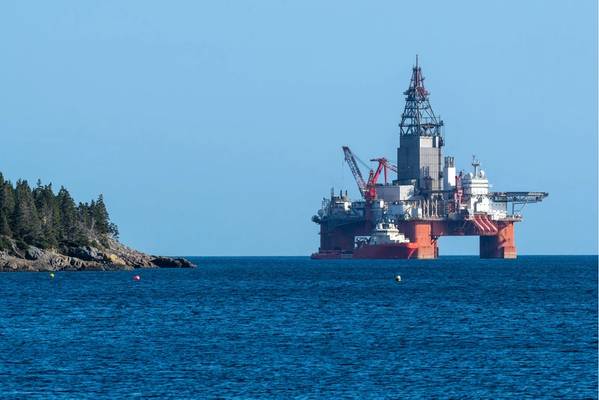
Canada’s Minister of Environment and Climate Change, Steven Guilbeault, and Minister of Energy and Natural Resources, Jonathan Wilkinson, introduced Canada’s draft framework to cap pollution from the oil and gas sector on December 7. The aim is to reduce emissions and remain competitive in a shifting global market. “No sector of the economy should be allowed to emit unlimited pollution, not when we are all driving toward the same goal of net zero by 2050 to ward off the worst impacts of the climate crisis,” said the ministers in a statement. “The proposed emissions cap sets a limit on pollution, not production.”
According to the most recent National Inventory Report, Canada’s oil and gas sector accounted for 28% of national emissions in 2021, making it the largest contributor to Canada’s emissions, followed by the transportation sector at 22%.
The proposed Regulatory Framework for an Oil and Gas Sector Greenhouse Gas Emissions Cap, developed following extensive engagement with stakeholders, proposes to cap 2030 emissions at 35 to 38% below 2019 levels, while providing compliance flexibilities to emit up to a level about 20 to 23% below 2019 levels.
“Despite the federal government’s stated objective that the emission cap should not put a limit on Canadian oil and natural gas production, the unintended consequences of the draft framework announced today of a cap-and-trade system with an interim target of a 35% to 38% emissions reductions below 2019 by 2030 could result in significant curtailments - making this draft framework effectively a cap on production,” says Lisa Baiton, Canadian Association of Petroleum Producers (CAPP) President and CEO.
“At a time when the country’s citizens are experiencing a substantial affordability crisis, coincident with record budget deficits, the federal government risks curtailing the energy Canadians rely on, along with jobs and government revenues the energy sector contributes to Canada.”
She says an emissions cap on the upstream oil and natural gas industry is unnecessary, given the longstanding carbon policies which already have Canada well on its way to meet or exceed emission targets. The added complexity of yet another layer of carbon policy is potentially detrimental to established carbon markets that fund clean energy projects.
Canada is a major exporter of hydrocarbons to its western allies who value our commitment to energy security while operating under one of the most stringent environmental regulatory regimes in the world. “The government’s own data shows that Canadian conventional producers have achieved meaningful absolute reductions in both methane and Scope 1 carbon dioxide equivalent emissions – absent a legislated cap - through investments in clean technologies and other innovations. In addition, Canada’s largest oil sands companies have committed to reaching net zero emissions by 2050 and have put into place a credible plan to achieve that goal with interim targets.”
While the draft framework does allow for Internationally Transferred Mitigation Outcomes (ITMOs) and compliance flexibility, the trajectory and target remain problematic for industry as technology pathways will be challenging by 2030, says Baiton.
In 2022, Canada’s oil and gas industry contributed over $9 billion in cash taxes to the federal treasury. CAPP believes the proposed policy risks triggering unforeseen socioeconomic consequences not the least of which is likely to be higher energy prices for Canadians.
“CAPP will raise our concerns through the consultation process and continue our efforts to work with the federal and provincial governments to ensure the draft framework released today does not become a cap on Canadian oil and natural gas production, allowing industry to continue its path of emissions reduction while growing Canada’s role as a secure provider of responsibly produced energy.”